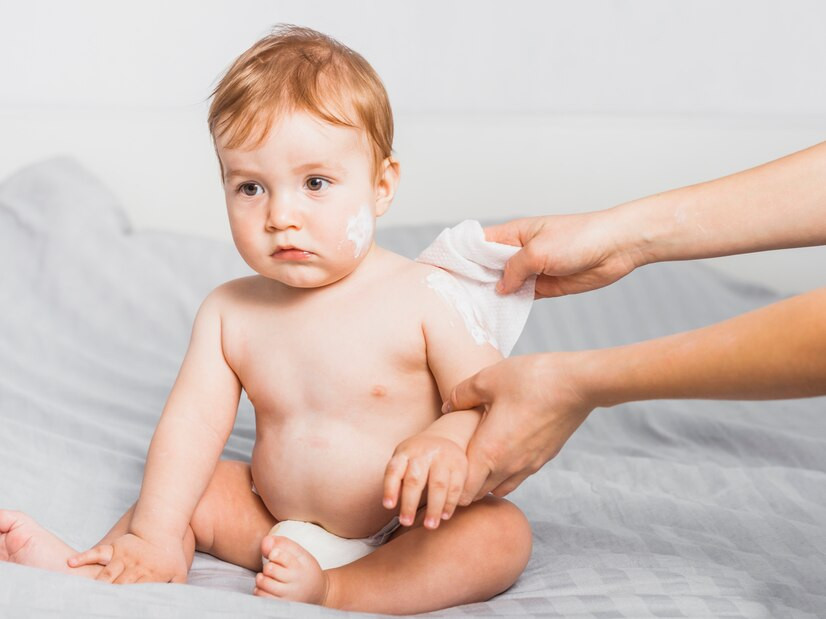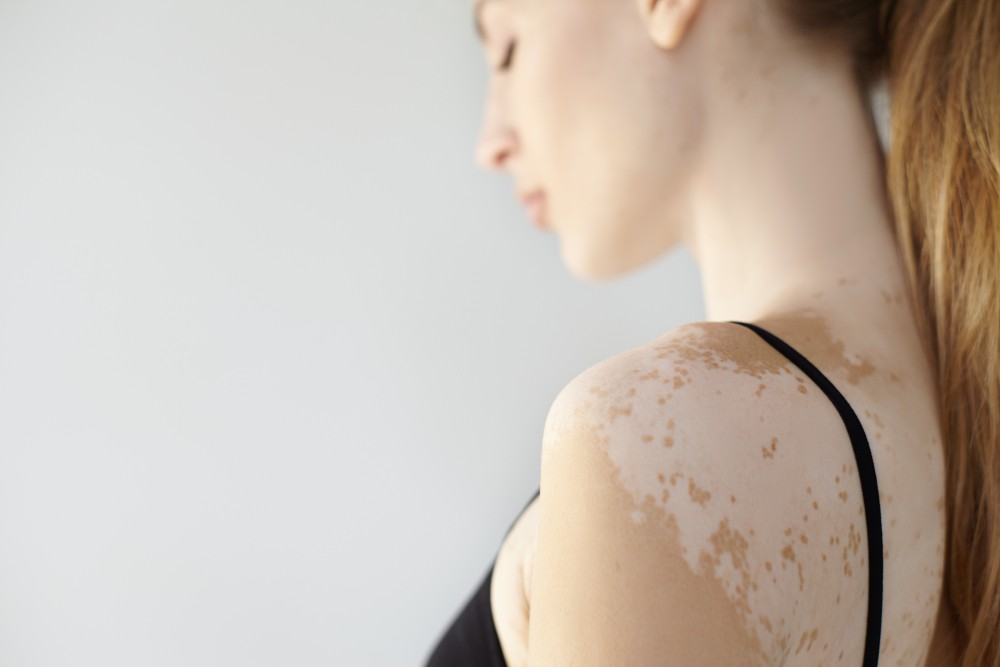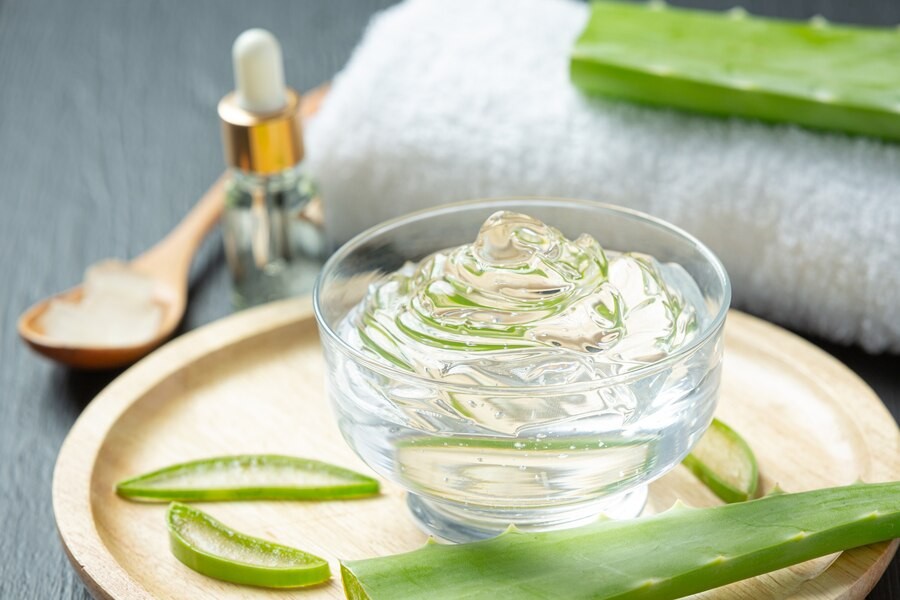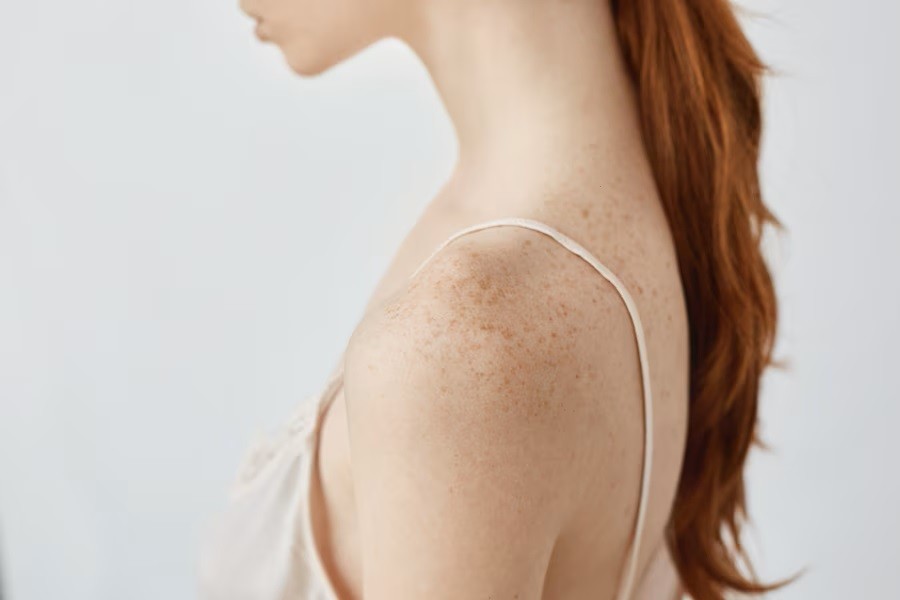Babies are typically born with smooth, delicate, and highly sensitive skin. Consequently, their skin is more susceptible to dryness compared to adults.
Upon birth, babies must also adjust to an external environment that differs from the womb. Dry air or extreme temperatures can lead to dry skin.
Addressing Baby Dry Skin Issues
Dry skin in babies is characterized by rough texture and can appear dry, scaly, or flaky. Here are dermatologist-recommended methods for addressing dry skin in babies:
- Bathe your baby with warm water, not hot water. Hot water can strip natural oils from the skin and exacerbate dryness.
- Use fragrance-free baby soap and avoid harsh chemicals. Also, steer clear of highly foamy bath soaps, which indicate strong detergent content.
- After bathing, pat your baby's skin dry with a clean towel instead of rubbing, as rubbing can cause irritation and dryness. Immediately after bathing, apply moisturizer to lock in moisture on your baby's skin. Opt for hypoallergenic and fragrance-free creams or ointments.
- Ensure your baby receives enough breast milk or formula. Avoid giving water to babies under 6 months old, unless recommended by a doctor.
- Maintain room temperature and consider using a humidifier to add moisture to the air.
- During cold and windy weather, consider dressing your baby in long, warm clothing and other protections like hats and socks to shield the skin from cold air.
- Babies frequently drool, making their skin more sensitive and prone to chapping. Use a clean cotton cloth to wipe your baby's drool.
- After swimming with your baby, rinse their body with warm water to remove residual chlorine and salt, which can cause dry skin. Use detergent specifically designed for sensitive baby skin, free from fragrances and other harsh chemicals.
Beware of Eczema (Atopic Dermatitis) in Babies
Dry skin in babies may be caused by eczema (atopic dermatitis). This condition is marked by dry, red, itchy skin with rashes appearing on areas like the cheeks, forehead, and skin folds.
Eczema in babies often disrupts their comfort, so special care is needed. This includes avoiding irritants, using more intensive moisturizers, monitoring diet, and applying corticosteroid creams prescribed by a doctor. If eczema does not improve with home care, appears more severe, or shows signs of infection such as pus, open wounds, or fever, promptly consult a pediatrician or dermatologist. They can provide appropriate treatment and care for your baby's skin condition.
Have more questions about eczema or atopic dermatitis in babies? Take advantage of Ai Care's health consultation services by downloading it from the App Store or Play Store.
Looking for more information about pregnancy, breastfeeding, and the health of women and children? Click here!
- dr. Yuliana Inosensia
Marygrace Taylor (2022). Dry Skin in Babies. Available from: https://www.whattoexpect.com/first-year/baby-care/baby-skin-care/dry-skin.aspx
Raising Children (2024). Dry skin. Available from: https://raisingchildren.net.au/guides/a-z-health-reference/dry-skin
Gillian D'Souza (2019). What causes dry skin on a baby's face?. Available from: https://www.medicalnewstoday.com/articles/325036
Dana Dubinsky. Dry skin in babies and children. Available from: https://www.babycenter.com/health/conditions/baby-dry-skin
WebMD (2023). Does My Baby Have Eczema?. Available from: https://www.webmd.com/parenting/baby/baby-eczema-questions-answers












